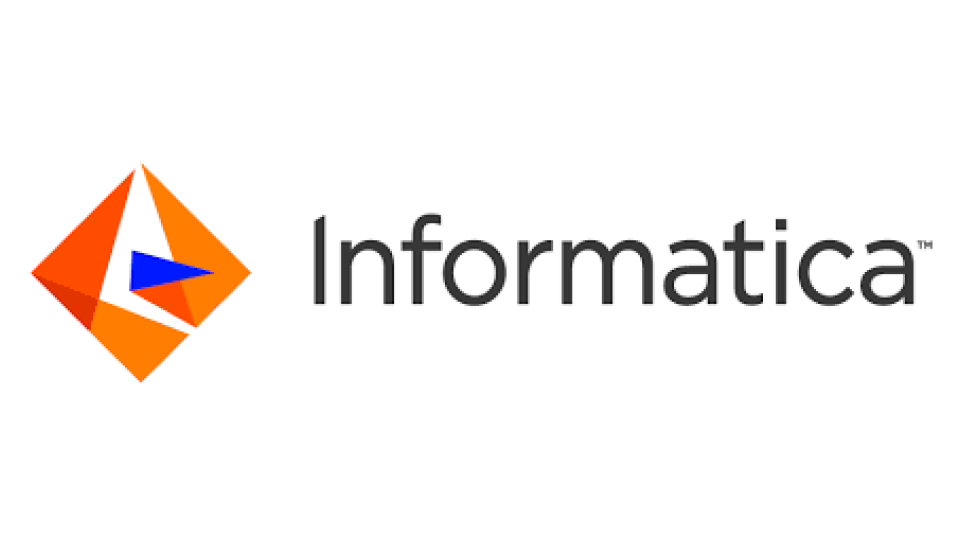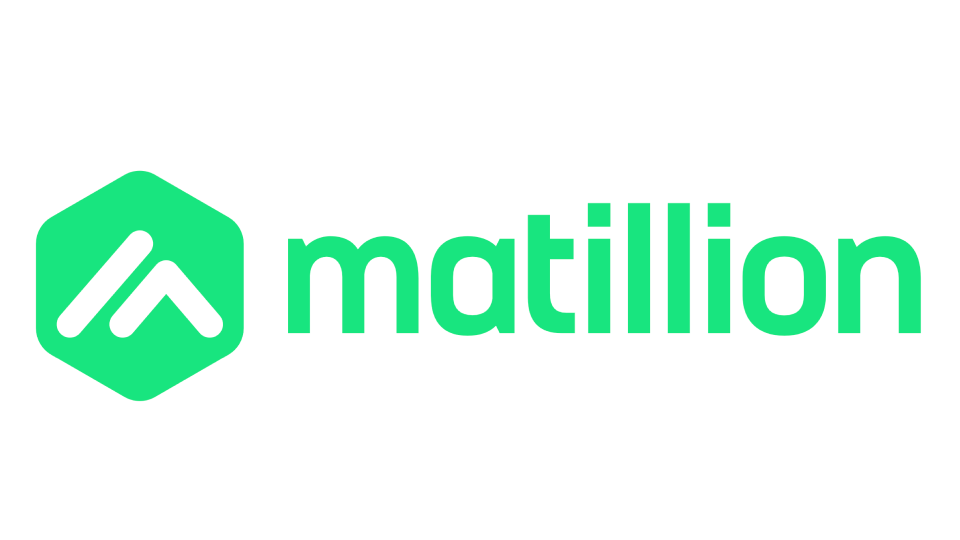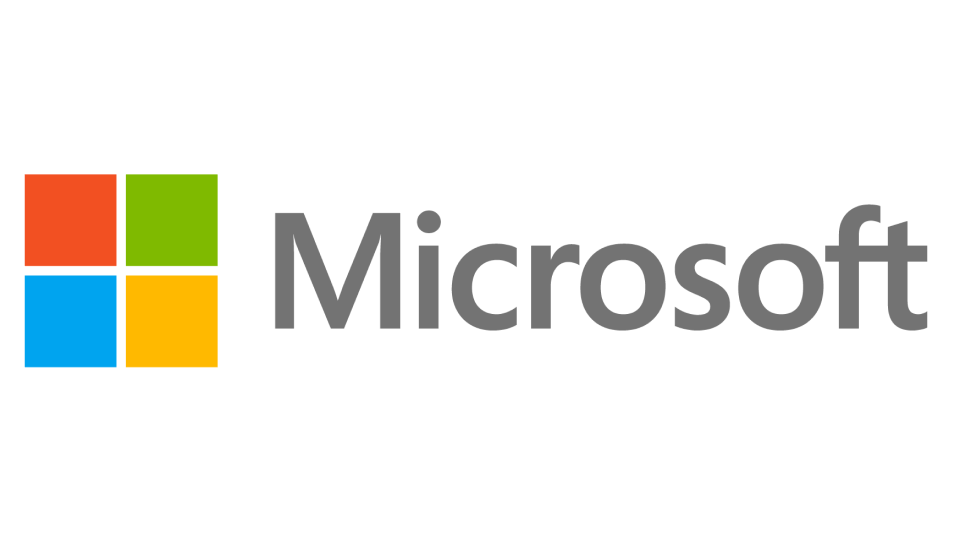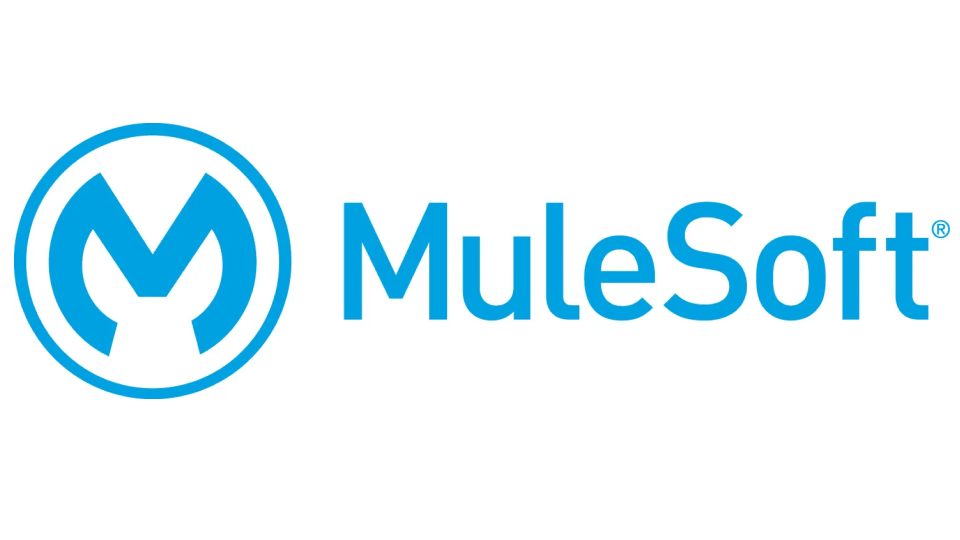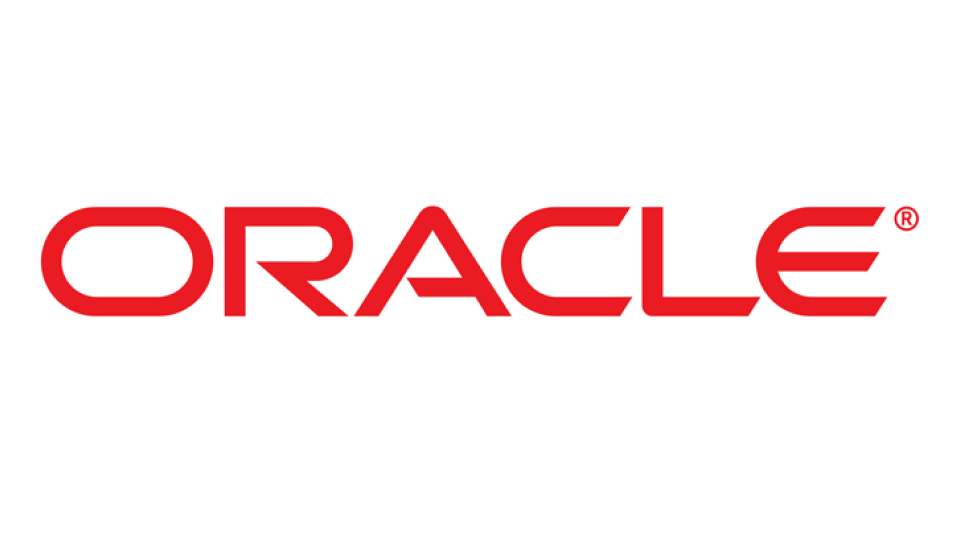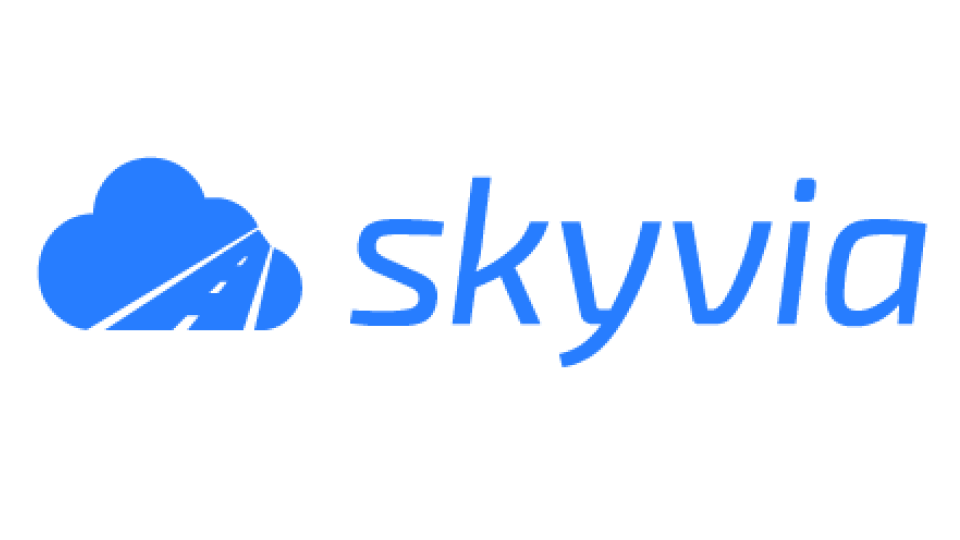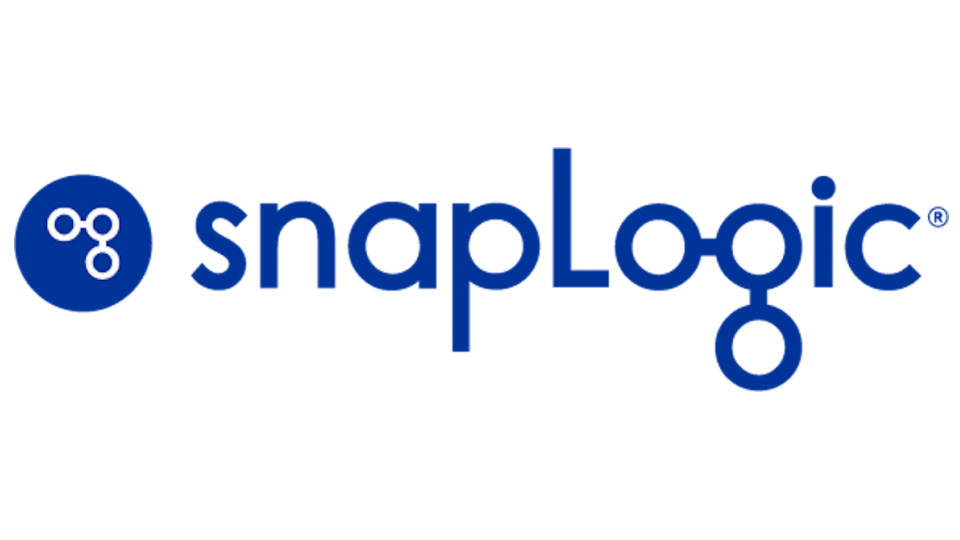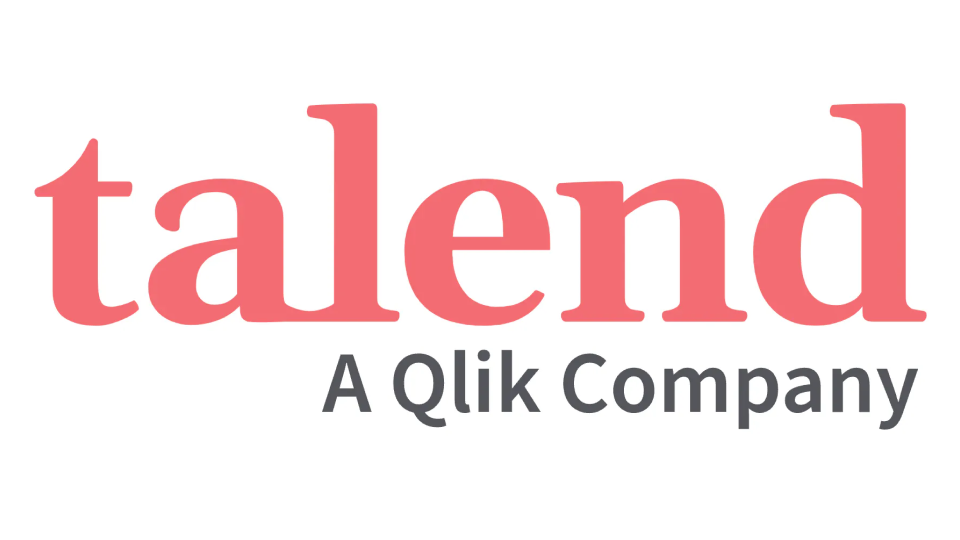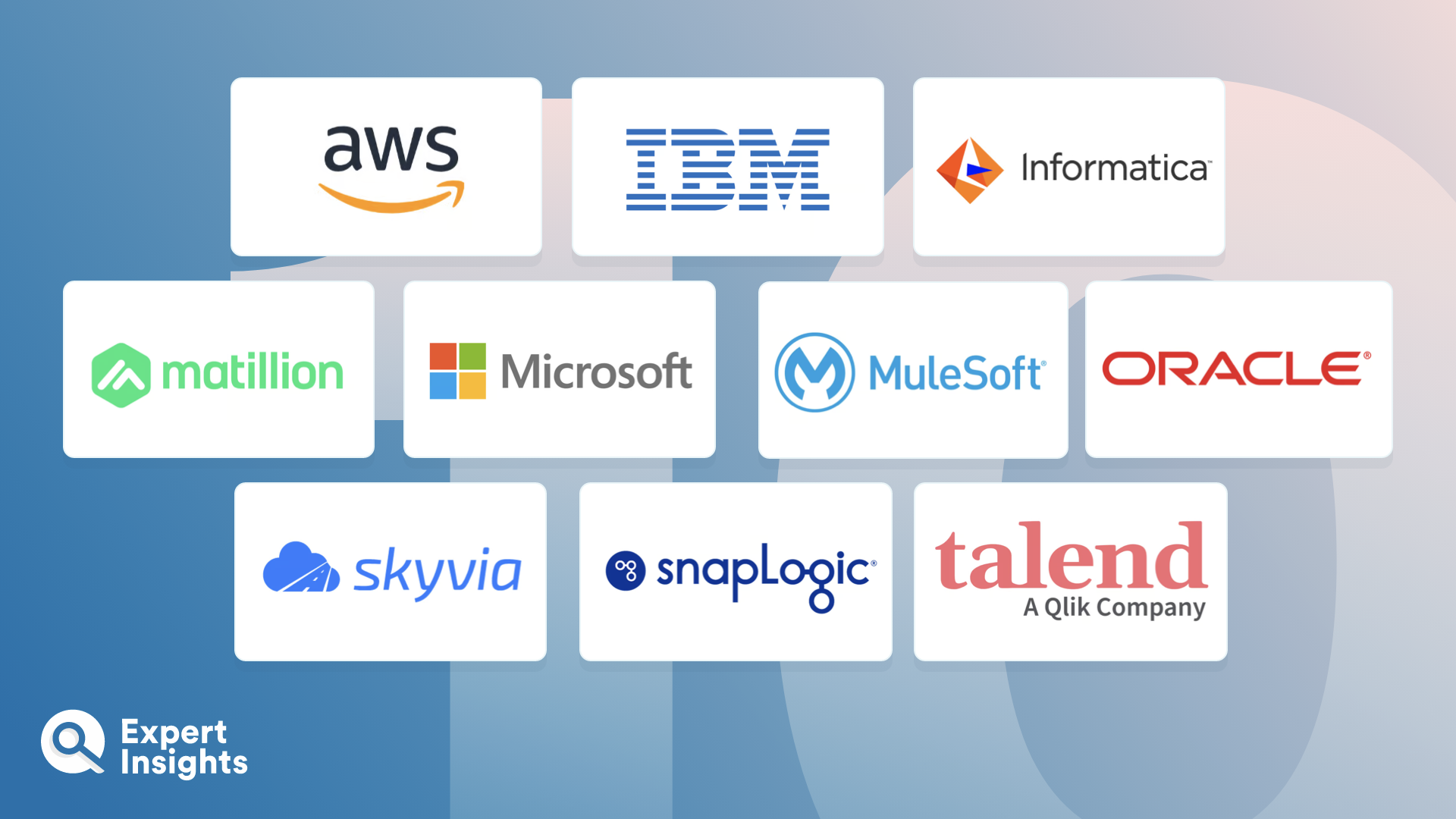Extract, Transform, and Load (ETL) solutions enable businesses to organize, cleanse, and consolidate data from multiple sources and systems into a single, unified form that’s easier for analysis. It is used for providing accurate, real-time data insights, advancing big data capabilities, and supporting the implementation of sophisticated analytics.
ETL solutions extract data from multiple sources, transform this raw data into a standardized format, then load the processed data into a target database or system – typically a data warehouse or data lake. These solutions range from standalone ETL tools, to comprehensive integrated data pipeline platforms. They often include features to assist with data cleansing, monitoring, visualizing, scheduling, data validation, and error-handling.
This guide will list our the top ETL solutions as ranked by Expert Insights and consider their respective capabilities, based on features, technical evaluation, and feedback from customers.





